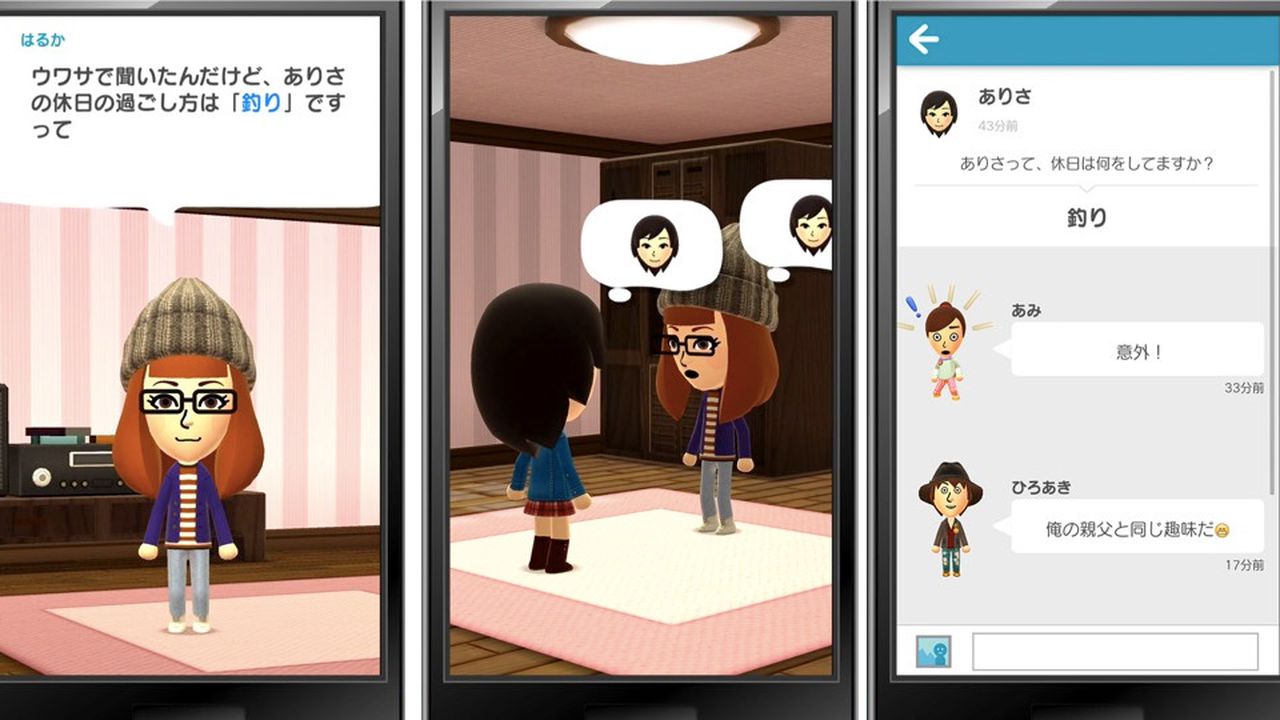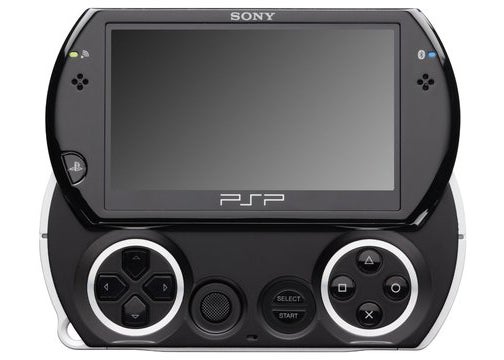 |
| I really like this photo, so I had to use it again. |
Regardless of whether he meant for his comments to be seen this way or not, the gaming public is now under the impression that Sony is dropping out of handheld gaming. While some are brokenhearted, many believe this is the only thing the company can do with it's flailing handheld sales. From an immediate financial standpoint, this thought process does have some merit. But Sony having no mobile or handheld presence will only hurt the industry giant in the long game.
Mobile Markets are Growing, Fast
Love them or hate them, mobile games are only getting more popular. This year many publications, including non-gaming oriented publications such as Fortune and eMarketer, are showing statics that not only show the market is growing, but that phone games are starting to make more money than console games. The mobile market is only going to continue to increase, so ignoring the platform entirely is not a smart long-term financial move. Development cycles are smaller and typically require less team members and money for the mobile platform and the casual gamer has changed and adapted to the platform, learning to accept microtransactions and free-to-play models over more traditional 'pay-once' games. By ignoring the mobile marketplace Sony is simply leaving money on the table, and that's not great for a company that has been in debt for years.
 |
| No, I am not counting MiiTomo as the first game from this partnership. Photo comes from Polygon.com |
If handled appropriately, Sony can do the same exact thing. The company already has had a failed mobile initiative, but that's less of a reflection on the market and more of a reflection on how Sony handled the program. PlayStation Mobile was an initiative that was created to allow any developer (though aimed mostly at smaller studios and hobbyists) to create games that would work on certified phones and PS Vita. This half measure was fine for a while, but PS Mobile games lacked some big features that PS Vita owners wanted, namely trophies and integration with PlayStation Plus, and at the same time, were too restrictive for the mobile market.
 |
| What should have worked well was held back by a requirement for specific phones and a lack of visibility and releases. Picture comes from Eurodroid.com |
The games also need to include everything PlayStation gamers like about the PlayStation Network. Saving screen shots, updating to the social feed, getting trophies are all things that need to be included with these titles. Hell, even throwing one or two games on PS Plus to add value to the service would also help. I can guarantee if Sony allowed PlayStation gamers to earn trophies by playing a new Ape Escape or PaRappa the Rappa on their mobile phones the games would sell, but it will all depend on how Sony handles these titles. In house quality control is important and could lead to PlayStation being a viable brand on mobile platforms.
But what if Sony is crazy enough to create a third handheld...
Handheld Gaming is Still Viable
Despite the numbers, handheld gaming is still a viable market, though arguably far more niche than it used to be. Making a Vita II doesn't make sense, despite how much I want it. The Vita has only sold a little over 12 million units worldwide, and despite the jump in sales and game creation in Japan, Sony screwed the pooch with Vita globally. Between the ludicrously expensive proprietary memory cards to the confusing 3G and WiFi models, the Vita was bound to fail. Well, fail is a harsh word. The Vita is not a failure, but it could have been more successful than it is today. The 3DS did come out first, but with a lack of games and a price point that was just too high, Vita had a chance to take the lead. Unfortunately, Sony stopped supporting the handheld and Nintendo threw some weight behind its own, skyrocketing it to the top of the sales charts. Of course, those sales aren't as high as the original DS, and they won't be. Mobile gaming is taking a share of that marketplace for sure, but making a cheaper, easy to use handheld can still generate enough sales to make sense financially as well as keep Sony in the good graces of hard core fans.
What Sony needs is to create a true extension of PS4 in it's next handheld. This Vita II needs to be up to snuff with the current specs of Vita but cost no more than $100. So drop the OLED in favor of the cheaper LCD screen, get rid of the proprietary memory cards and cartridges for games and the back touch pad and you're on track. Next, the handheld needs to have four shoulder buttons. With these changes we now have a sleeker, cheaper version of Vita today. It's affordable as a platform for fans to pick up and it's reasonable to use as an accessory to the PS4. Honestly, it's not unfathomable to think that the newer handheld could go entirely digital, especially if Sony can create a transfer program for games that players bought physically.
 |
| Though not the perfect example, a Vita II with similar purpose and design as the PSP Go with a cheaper price point would sell well. Picture comes from Gizmodo.com |
It sounds crazy and it may not happen, but this setup would allow Sony to make the handheld for cheap, sell it for cheap and keep PlayStation in the mindset of gamers as well as become a viable entertainment option for parents to buy their children along side the mobile market.
Portable Possibilities
It truly doesn't matter which approach Sony takes, as long as the company takes an approach. Portable gaming isn't dead. Far from it. Portable gaming is simply changing, and it's important for PlayStation to change with it. Quality games are really all players want, and quality games that are fun will bring in new players. If the games are up to snuff and the perks of being a PlayStation gamer are there, they will sell. As much as I want another Sony handheld, I'll take the alternative, if Sony can stick to its guns and delivers.

No comments:
Post a Comment